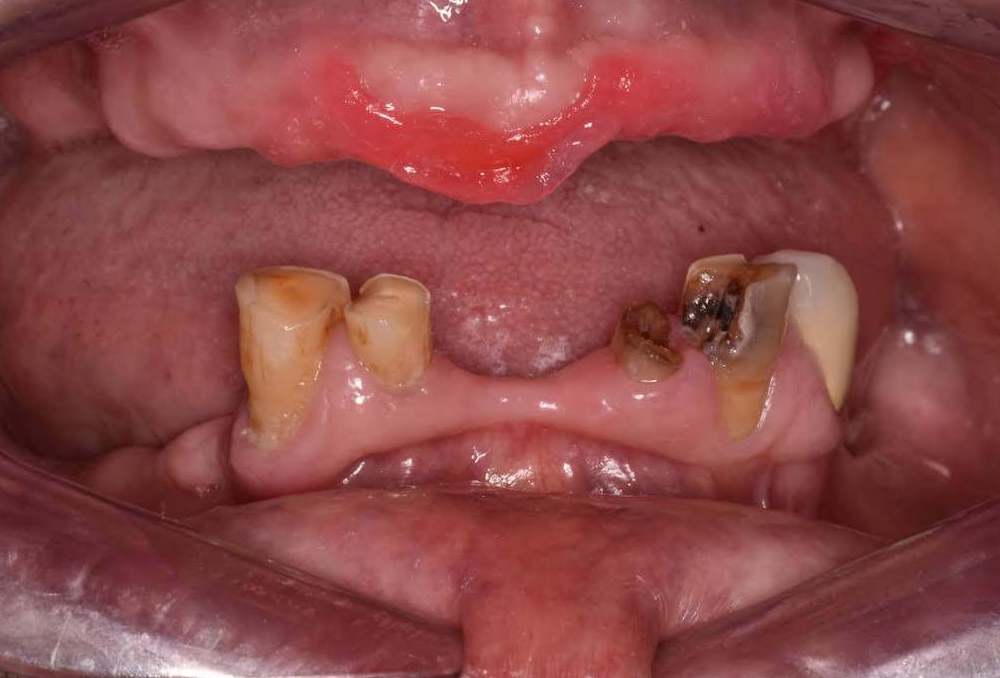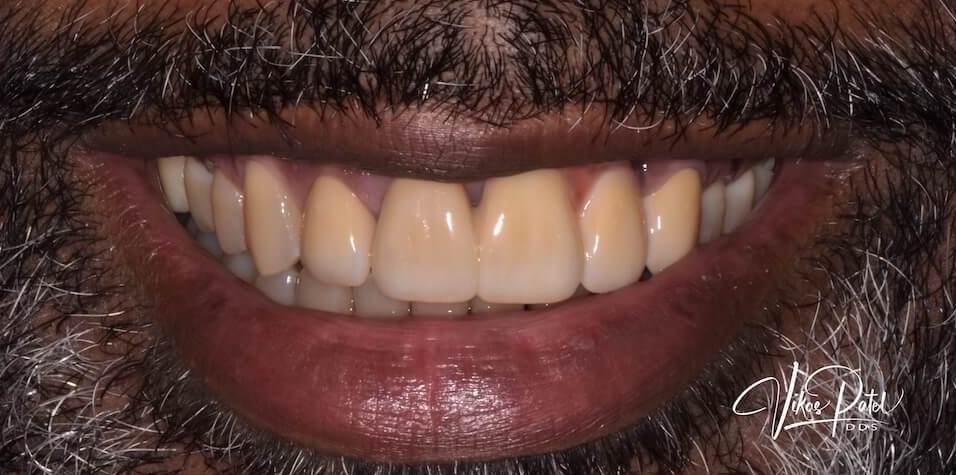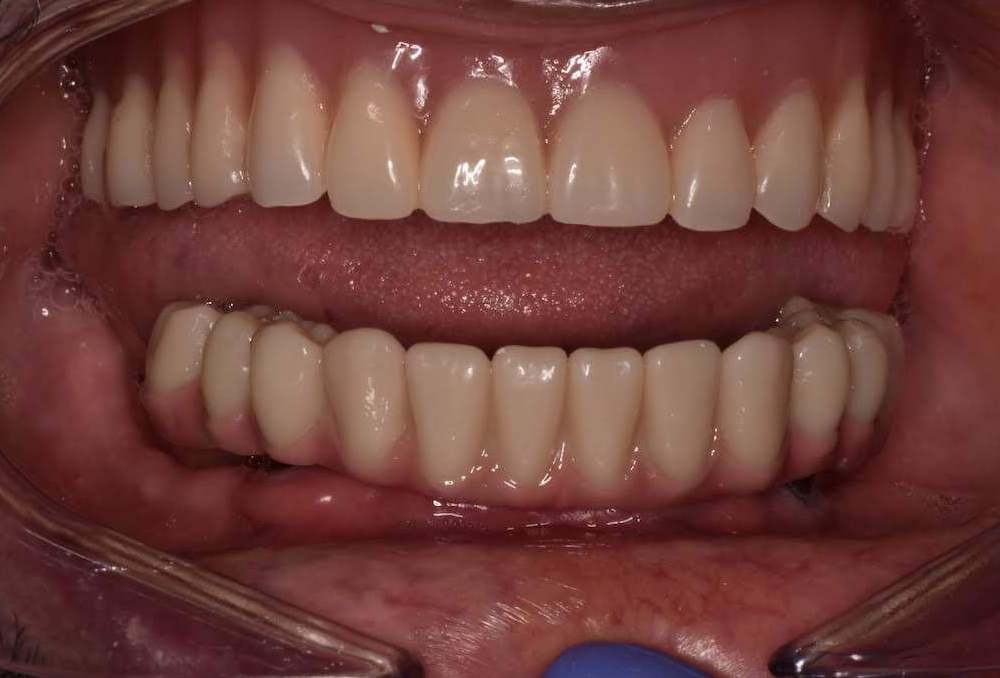Dental Implants: What They Are and How They Can Change Your Smile
Losing a tooth can feel like a small problem at first, but it can actually affect a lot more than just your smile. Missing teeth can make it harder to chew your favorite foods, speak clearly, and even affect how your face looks over time. That’s where dental implants come in. They’re a modern solution that helps people regain the function and confidence of a full set of teeth.
In this article, we’re going to talk about what dental implants are, how they work, and why so many people are choosing them to restore their smiles.
What Are Dental Implants?
Dental implants are small posts, usually made of titanium, that are placed into your jawbone to replace missing teeth. Think of them like a tooth root made of metal. Once they’re in place, they give your new teeth a strong, stable foundation.
Unlike dentures that can slip or move around, implants are fixed in your jaw. They actually fuse with your bone over time, which makes them feel and function just like your natural teeth. You can eat, talk, and smile without worrying about them shifting or looking fake.
Dental implants aren’t just about looks—they’re about giving you back the ability to live normally, whether that means eating a crunchy apple, laughing at a joke, or smiling for photos without hesitation.
Who Can Get Dental Implants?
Not everyone can get implants right away, but many people are good candidates. Here’s what dentists usually look for:
- Strong jawbone: Your jaw needs to be healthy and dense enough to hold the implant. If your bone has shrunk after losing a tooth, a bone graft might be needed first.
- Healthy gums: Your gums should be free from infection or serious gum disease.
- Good overall health: Certain medical conditions, like uncontrolled diabetes, can make healing harder. Your dentist will review your health to make sure implants are safe for you.
- Lifestyle factors: Smoking and heavy drinking can slow healing and affect implant success.
Even if you don’t meet all of these conditions at first, there may be treatments that make implants possible. A consultation with a specialist will give you a clear answer.

How Dental Implants Work
The process of getting dental implants takes time, but each step is important to make sure the results last a long time. Here’s how it usually works:
Step 1: Consultation and Planning
Before anything happens, your dentist or oral surgeon will examine your mouth and take X-rays or 3D scans. They’ll look at your teeth, gums, and jawbone to make sure implants are right for you. This is also the time to ask questions about the process, costs, and how your new teeth will look.
Step 2: Bone Preparation (If Needed)
If your jawbone isn’t thick or strong enough, a bone graft may be needed. This is a simple procedure where a bit of bone material is added to build up your jaw. Once it heals, it gives the implant a solid foundation.
Step 3: Implant Placement
The implant itself is placed into your jawbone during a small surgery. Here’s what happens:
- The titanium post is inserted under your gum into the jawbone.
- Your gum is closed over the implant and left to heal.
- Over the next 4-6 months, the bone grows around the implant in a process called osseointegration, which anchors it firmly in place.
Some implants may be placed in a single procedure, while others might need two steps. Your dentist will decide what’s best for your situation.
Step 4: Attaching the Abutment
Once the implant is securely fused with the bone, your dentist will attach a small connector called an abutment. This will hold your new tooth (crown) in place.
Step 5: Making Your New Tooth
Next, your dentist takes an impression of your mouth to send to a dental lab. The lab creates a custom crown that matches your natural teeth in color, shape, and size.
Step 6: Final Placement
Finally, your new tooth is attached to the implant. The dentist makes sure it fits perfectly, looks natural, and doesn’t affect your bite. When it’s done, your implant looks, feels, and works just like a real tooth.

Why Dental Implants Are a Great Option
Dental implants offer a lot of benefits compared to other ways of replacing teeth, like dentures or bridges:
- They look and feel natural: Because implants are anchored in your jaw, they function like real teeth. You can eat and speak with confidence.
- They last a long time: With good care, implants can last decades or even a lifetime.
- They protect your jaw and face: Missing teeth can cause bone loss and make your face look sunken over time. Implants stimulate the jawbone, keeping it healthy and maintaining your natural facial structure.
- They don’t damage other teeth: Unlike some bridges, implants don’t require altering nearby teeth, which helps protect your natural teeth.
- They’re convenient: Implants don’t slip, so you don’t need adhesives like you do with dentures.
Caring for Your Implants
Even though implants are strong and durable, you still need to take care of them. Good oral hygiene helps your implants last for years. Here’s what you should do:
- Brush and floss regularly to keep the gums around the implant healthy.
- Visit your dentist for regular check-ups and cleanings.
- Avoid chewing very hard foods like ice or hard candies to protect the crown.
- Avoid smoking or excessive alcohol, as both can harm healing and long-term success.
With proper care, your implants can stay healthy and functional for a lifetime.
What to Expect After Getting Implants
Most people are amazed at how much dental implants change their lives. Here’s what patients often notice:
- They can eat all kinds of foods again, from crunchy vegetables to chewy meats.
- They feel confident smiling and talking without worrying about gaps or loose teeth.
- Their speech improves compared to dentures that can slip.
- Their face maintains a natural shape, without the sunken look that comes from missing teeth.
Who Does the Implant Procedure?
Dental implants are usually placed by specialists:
- Periodontists: Experts in gums and supporting structures of the teeth.
- Oral surgeons: Experts in surgeries of the mouth, jaw, and face.
Once the implant has healed, a restorative dentist puts the crown or prosthetic tooth on top. This teamwork makes sure your implant is both stable and beautiful.
Possible Risks
Dental implants have a high success rate, but like any procedure, there are some risks. These can include:
- Infection at the implant site
- Damage to nearby teeth or nerves
- Implant failure if it doesn’t integrate properly with the bone
- Gum inflammation around the implant (similar to gum disease)
Most problems can be avoided with good planning, careful surgery, and proper oral care.
How Much Do Implants Cost?
Dental implants can be more expensive upfront than dentures or bridges, but they’re often a better long-term investment because they last longer. Costs depend on:
- How many teeth are being replaced
- Whether you need extra procedures like bone grafting
- The type of crown or bridge
- Where you live and which dentist you see
Many dental offices offer payment plans or financing to make implants more affordable.
Life With Dental Implants
Dental implants can truly change your life. They don’t just replace teeth—they give people confidence, comfort, and the ability to enjoy life fully. You can smile, laugh, eat, and speak just like you used to with all your natural teeth.
With proper care, dental implants are often a lifelong solution. Regular check-ups, brushing, flossing, and a healthy lifestyle will help keep them looking and functioning perfectly.

In Summary
Dental implants are a safe, reliable, and long-lasting way to replace missing teeth. They’re more than just a cosmetic fix—they restore function, protect your jaw, and give you back the confidence to eat, speak, and smile without worry.
The process takes some time, with steps like planning, implant placement, healing, and restoration, but the results are worth it. With dental implants, you’re not just getting a new tooth—you’re getting a new chance to enjoy life fully and confidently.
If you’ve lost a tooth or several teeth and are ready to restore your smile, schedule a consultation with a dental implant specialist. It might be the first step toward a smile you’ll love for years to come.




